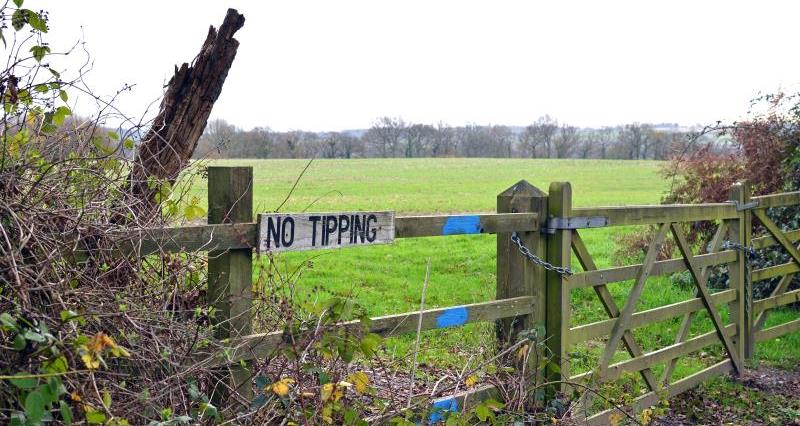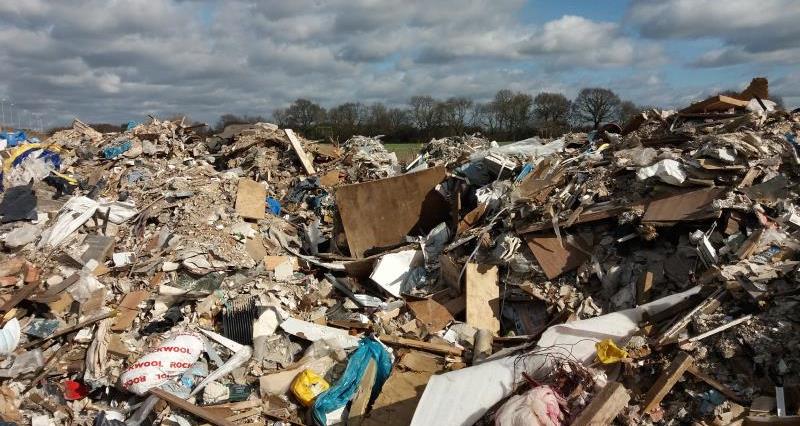The NFU's response includes evidence of the types and impacts of serious and organised waste crime affecting members and sets out suggested frameworks for tackling the issue.
NFU members can read the full response sent to Defra here (you will be asked to log in)

As part of the response, the NFU is calling for:
- A comprehensive and detailed understanding of the extent and impact of serious and organised waste crime. Better reporting and recording of incidents on private land, including on agricultural land, is needed.
- All parties (local authorities/police/land owners/Environment Agency) to work together to aid prevention, and help with clear-up and prosecution. This includes more pro-active co-ordination, effective sharing of intelligence and communication between authorities. The establishment of county-based fly-tipping task forces, such as the Hertfordshire Fly-tipping Prevention Group, would help develop effective partnerships.
- Greater clarity in the different roles and responsibilities of the police, local authorities and the Environment Agency in dealing with waste crimes. Greater clarity would help deal with events more effectively.
- Local authorities, the Environment Agency and the police to establish effective working protocols such that a local task force can quickly respond to incidents. Officers in the Environment Agency also need to have the necessary skills and confidence to tackle criminal gangs. Groups involved in waste crime are well organised and heavily protected.
- The Environment Agency to have the resources to help prevent, act on and pursue criminal activity. Staff training is also crucial.
